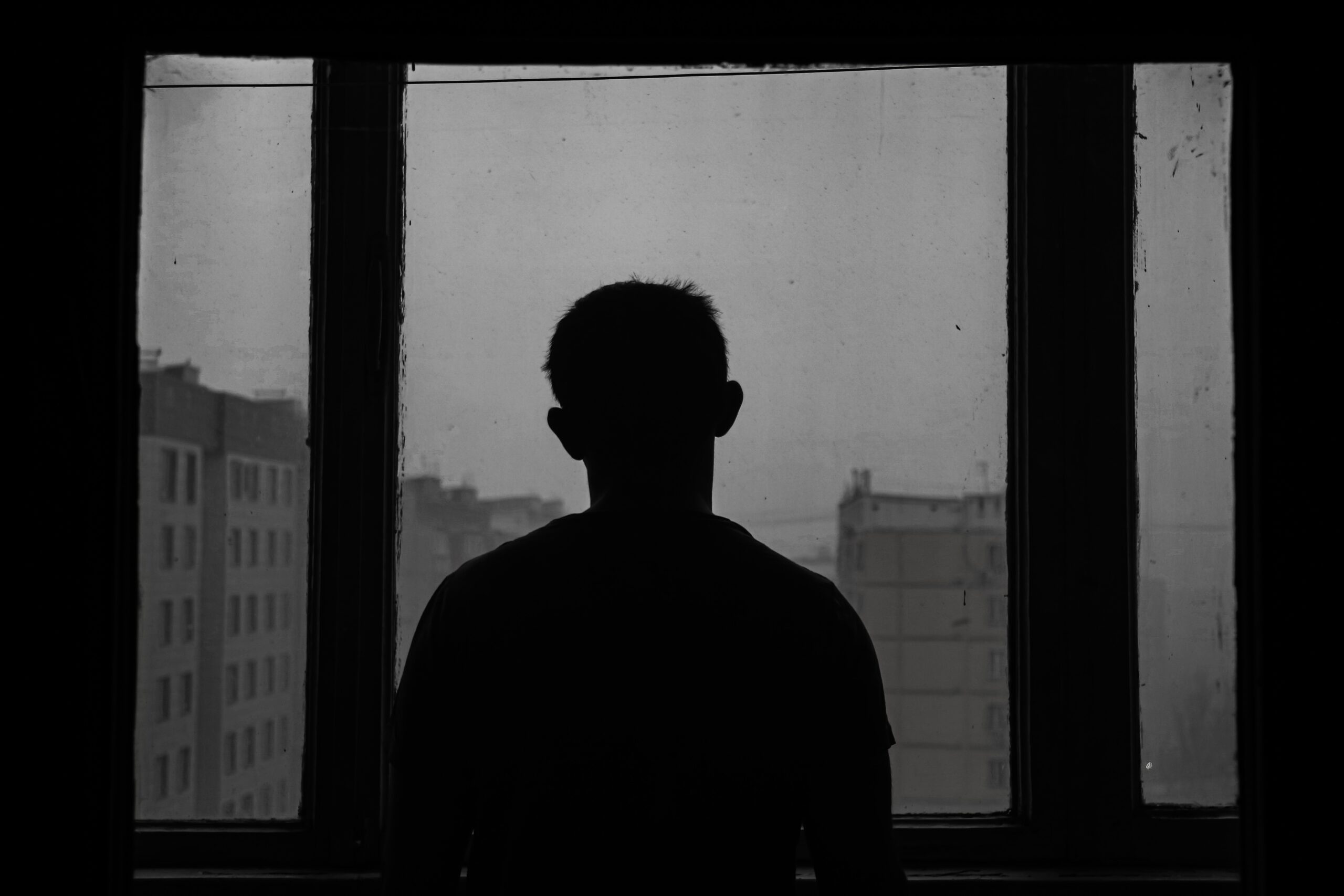
Depression is a mental health condition most commonly characterised by consistent low mood, feeling sad and unhappy. A common mental disorder worldwide and a leading cause of disability, it is estimated that the prevalence of depression in the UK was around 10% in 2020.
Whilst the prevalence of depression has increased since 2005, the coronavirus pandemic has had a big effect on the number of adults diagnosed with depression in the UK. According to research by the Office of National Statistics, “around 1 in 5 (21%) adults experienced some form of depression in early 2021 (27 January to 7 March). This is a 2% increase since November 2020 (19%) and more than double the prevalence observed before the coronavirus pandemic (10%).” (Coronavirus and depression in adults, Great Britain: January to March 2021. Office for National Statistics, May 2021. Accessed 4/4/22.)
We can all feel down from time to time, but how can we distinguish between simply having a down day or two, and a depression diagnosis?
This blog looks at depression symptoms and how to recognise them in yourself and others.
There are different types of depression that can be important to distinguish between in order to identify a diagnosis. This list covers some of the most common diagnoses, however it is not exhaustive.
Depression can also be an indicator of other conditions, for example bipolar disorder. Bipolar disorder also includes mania episodes as well as depressive episodes. Find out how to support a loved one with bipolar disorder.
The most common symptom of depression is low mood. However, depression can be much more than feeling low; additional symptoms alongside this may be an indicator that you are experiencing more than a down day or week.
Depression can cause psychological and physical symptoms, and this can also lead to social withdrawal.
Apart from persistent low mood, other psychological depression symptoms include: low self-esteem, feelings of hopelessness, irritability, lack of motivation even to do things you usually enjoy, not enjoying hobbies or activities that you usually love to do, and feeling anxious. In severe cases, suicidal thoughts or self-harming can also be a symptom of depression.
Physical depression symptoms can include lack of energy, changes in appetite, weight loss (or gain), finding it difficult to fall asleep or waking very early, loss of libido, and changes to your menstrual cycle.
If you have experienced any of the symptoms listed above for most or all of the day continuously for 2 weeks or more, this could indicate depression.
This video from Healthline outlines some of the different symptoms that could indicate you have depression:
Pay attention to how you are feeling. If you notice that you feel particularly low, make a note of this. It can be helpful to write this down to help identify any other feelings that you may be experiencing. You should also write down any possible triggers that may have led to you feeling this way.
Keep a track of your mood – a mood tracker is a great tool to do this. There are plenty of mood tracker apps available, or you can create your own.
If you find that you are feeling low, helpless or unmotivated consistently, take a look at any triggers you have identified that could be causing this. Is work really busy? Have you recently experienced a traumatic life event?
If you are able to identify a possible cause, is there anything you can do to alleviate this? For example, if you have highlighted feeling busy and overwhelmed at work, could you speak with your manager to help prioritise your tasks/reduce your workload?
If you have experienced a bereavement or loss, it is important to distinguish between grief and depression. It can be difficult as grief can present similarly to depression, but grief is a natural response to loss.
Read more about coping with grief.
If you find that your symptoms improve after a short period of time, it is unlikely that you have depression. However, if you are experiencing low mood and/or other symptoms of depression continuously you should speak with your GP.
Recognising depression symptoms in others can be difficult as sometimes people can mask their true feelings. Individuals with depression can still appear happy and jolly on the outside and you may not notice anything is wrong.
If you are worried about a friend, family member or colleague, ask them how they are, then ask again. Often people tend to answer with “I’m fine”, so asking if they are sure, or how they are really, can show that you genuinely care about them.
Encourage them to open up or reassure them that you are there to listen when they do feel ready to talk or share.
If you are supporting a loved one with depression, it is important to take care of yourself too. Ensure you take some time out to take care of your own needs. It can be difficult so don’t be afraid to reach out for help if you need it.
As discussed, depression symptoms can be not only psychological but physical too. Many individuals live with depression in the UK and the effects of the coronavirus pandemic sadly mean that we have seen an increase in the number of people experiencing depression.
If you recognise some of the symptoms mentioned in this article in yourself, speak with your GP. Your GP will be able to advise on the different treatment options for depression and discuss the best treatment for you and your circumstances. Your GP can also refer you to specialist services for talking therapies, or you can refer yourself through the NHS IAPT service.
Northern Healthcare provide 24/7 support to individuals with mental health diagnoses including depression. Our teams support individuals with recovery plans and provide clinical support to help individuals manage their depression, working towards independence and recovery. Find out more about our support model here.
Photo by Damir Samatkulov on Unsplash.